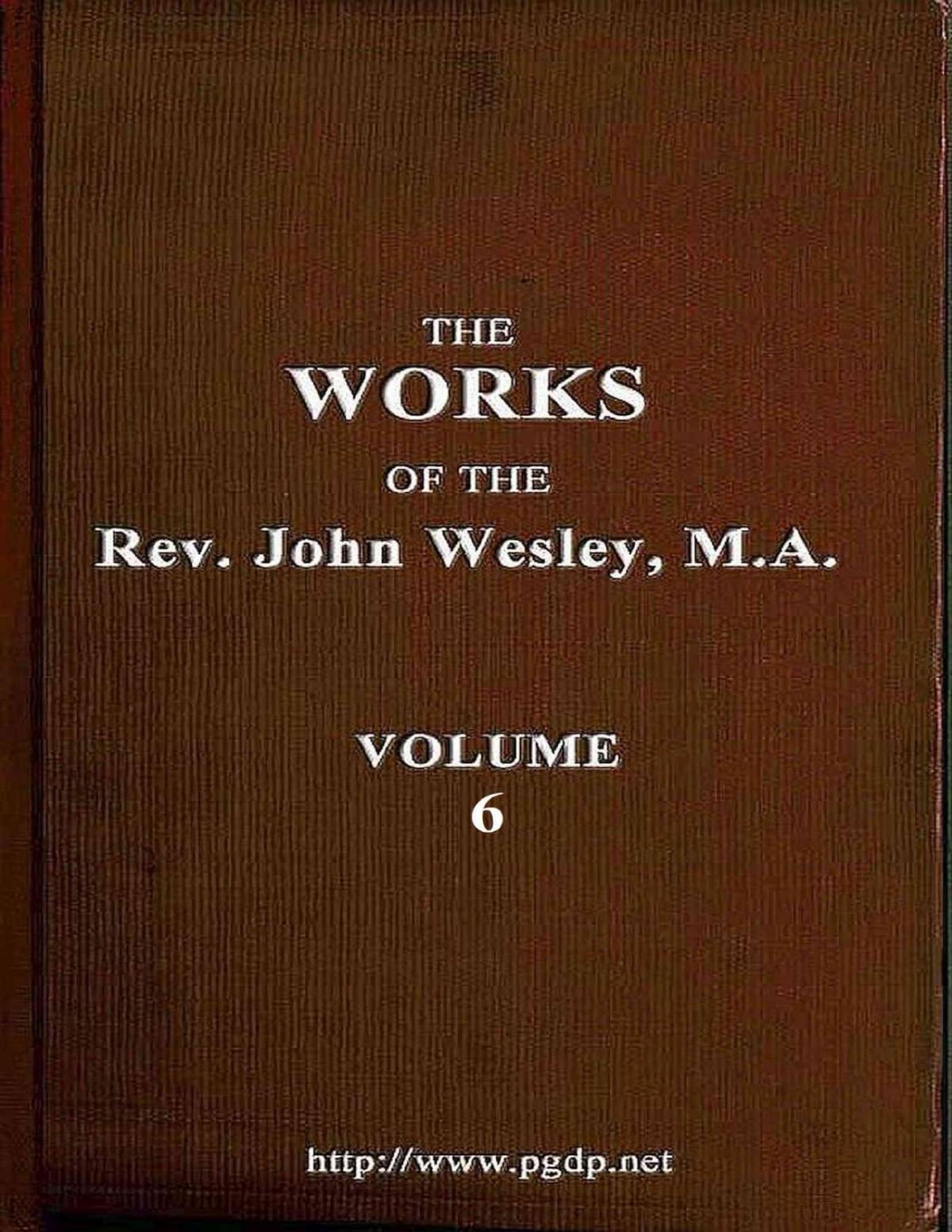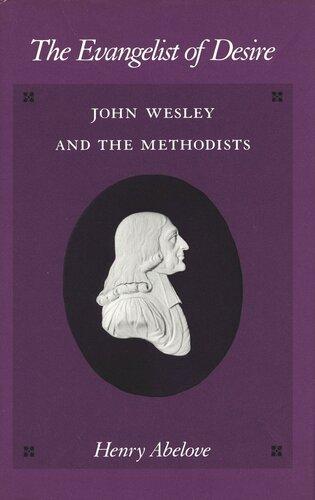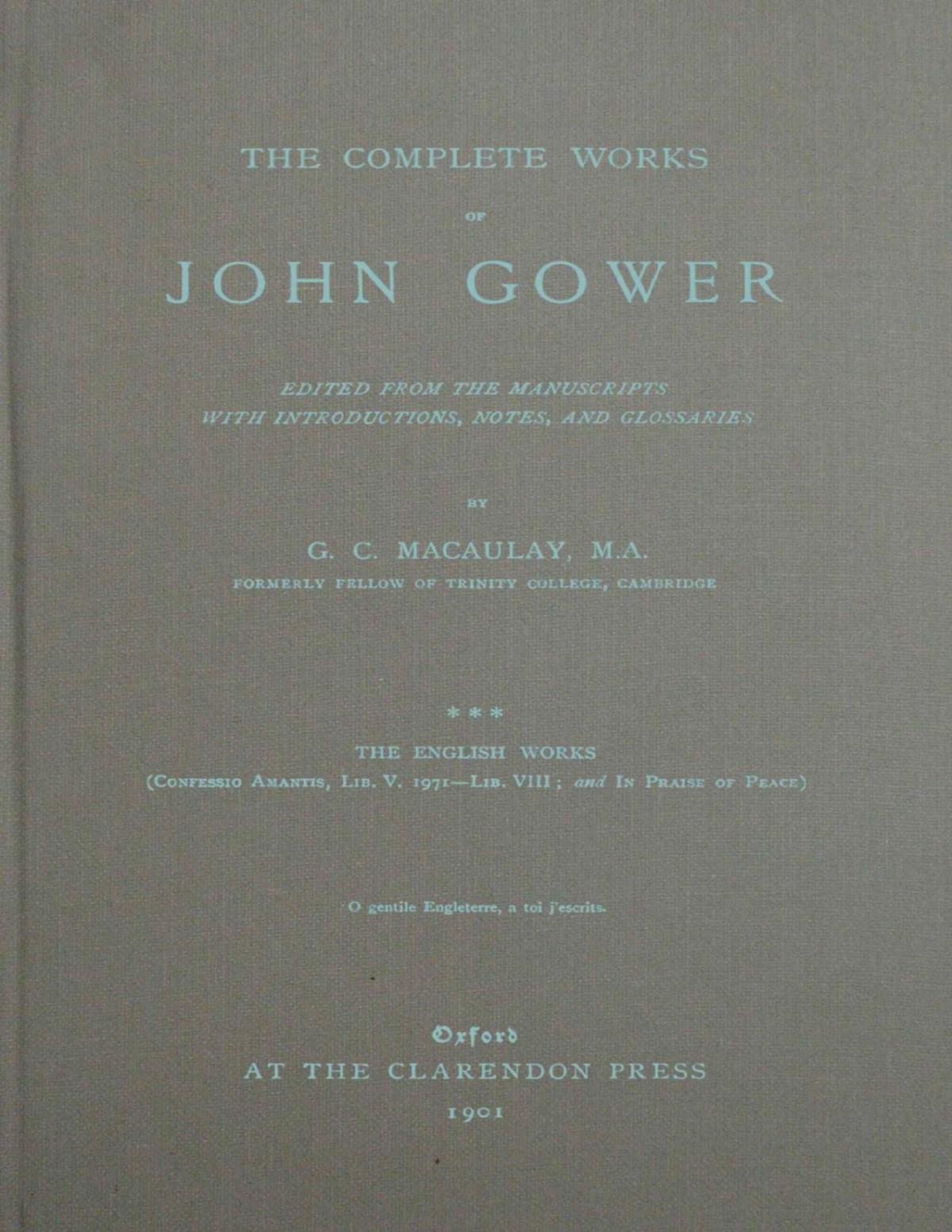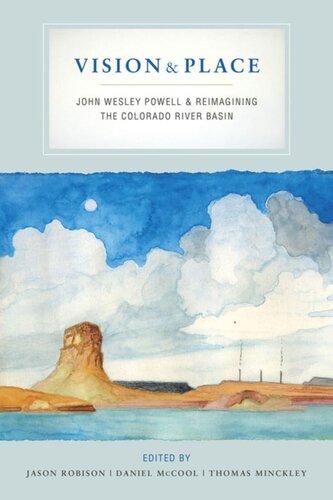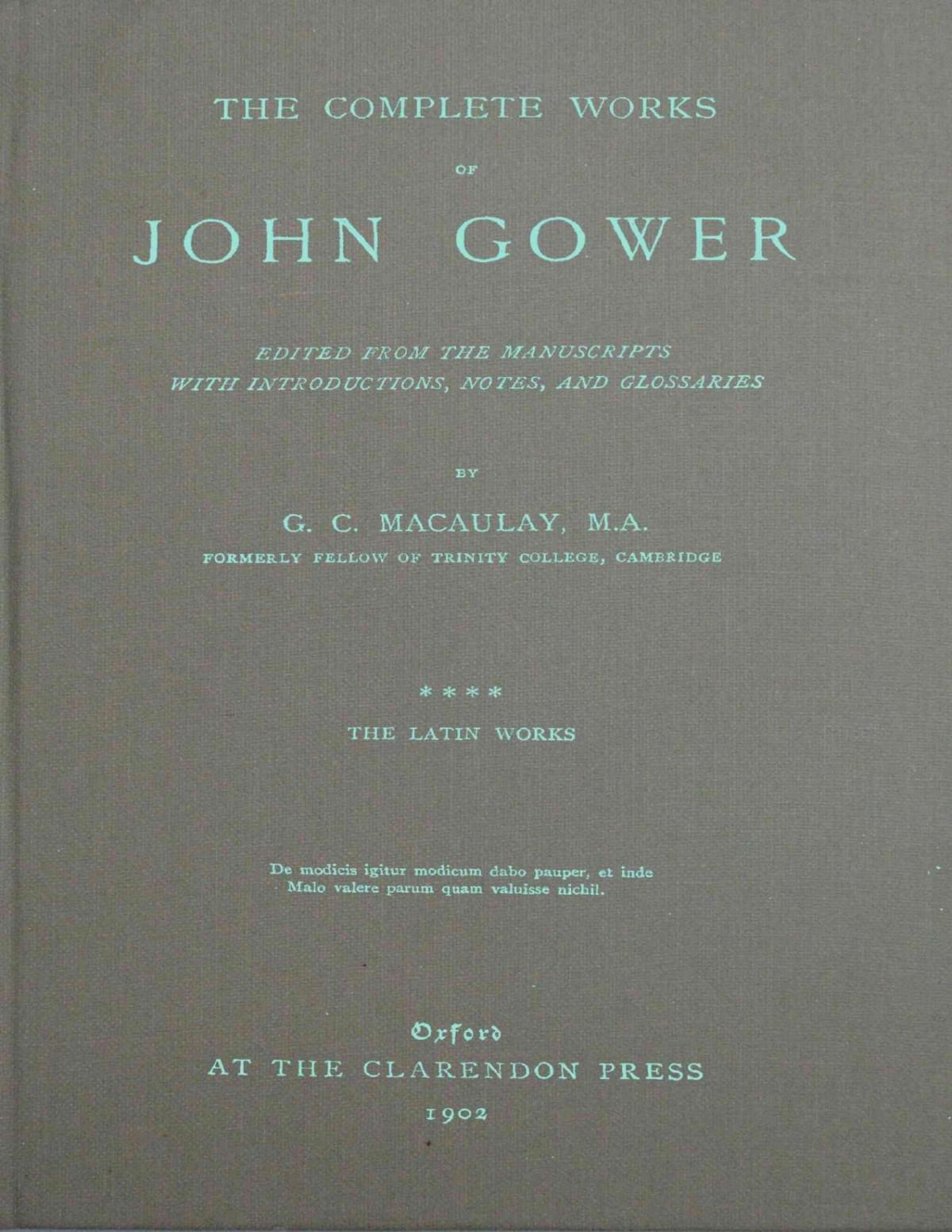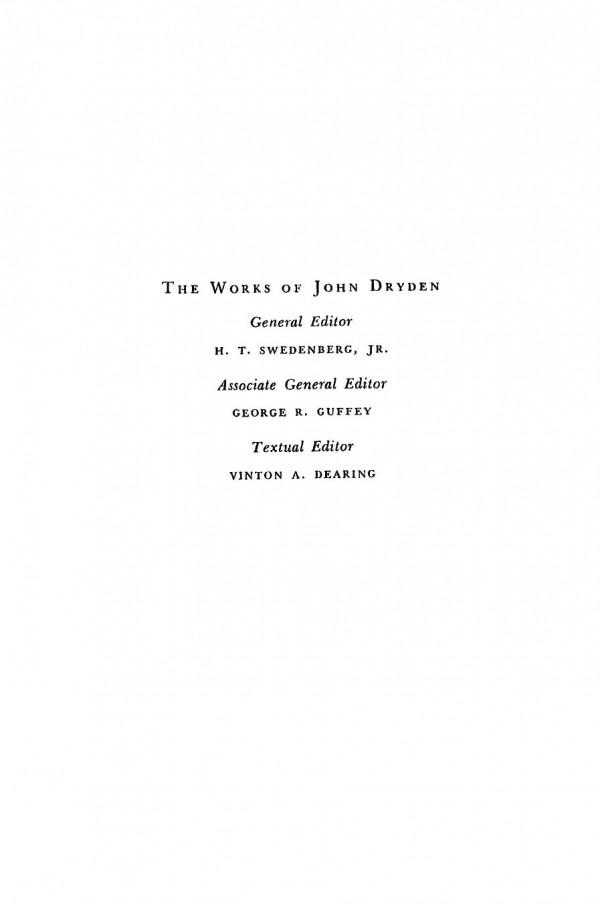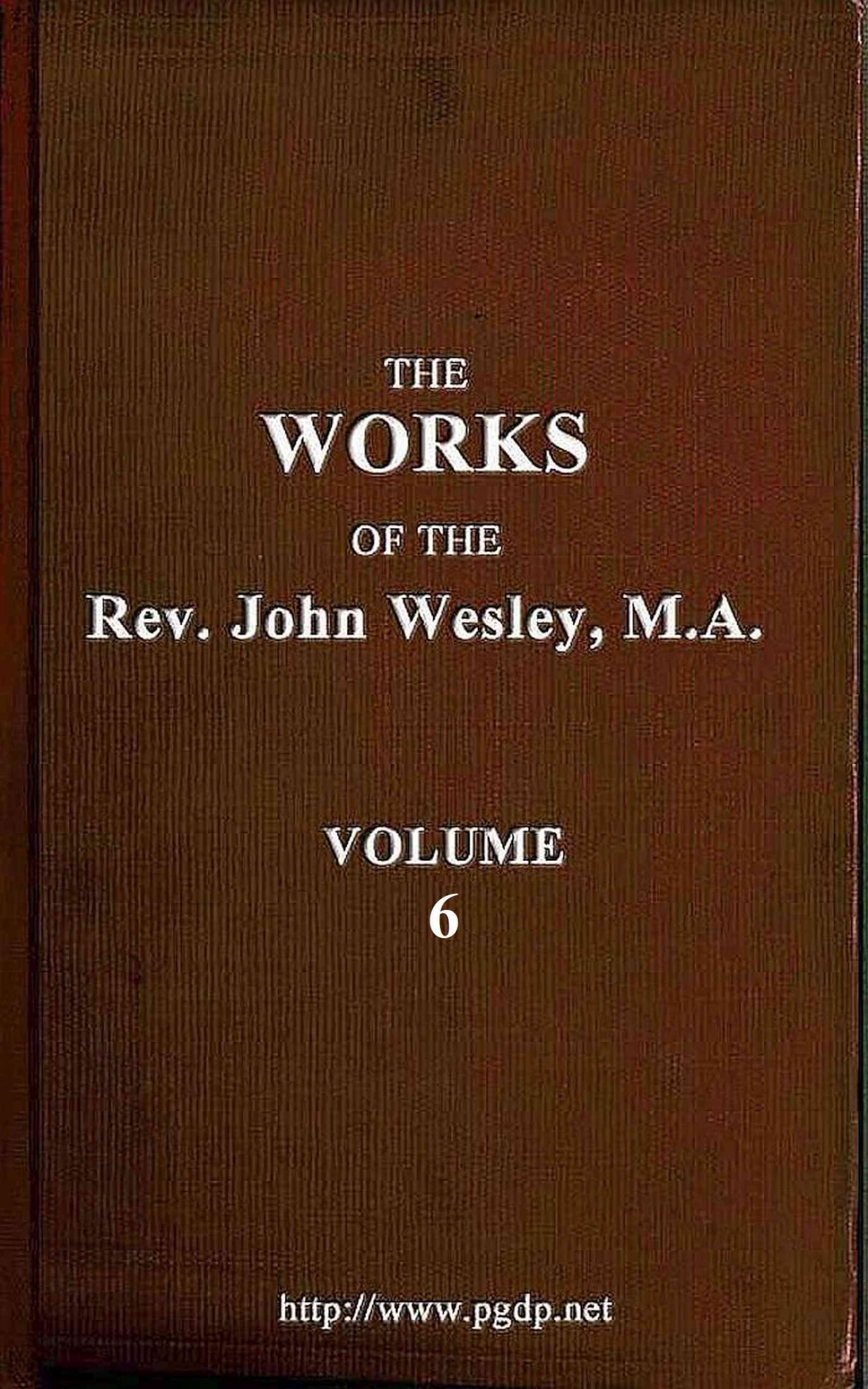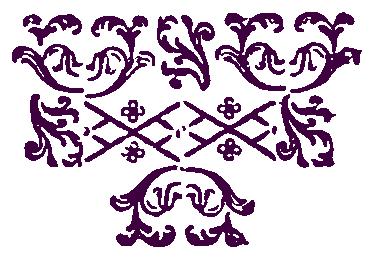TO A HOLY LIFE.
CHAPTER XVIII.
Recommending devotion at three o’clock, called in scripture the ninth hour of the day. The subject of prayer at this hour may be resignation to the divine pleasure. The nature and duty of conformity to the will of God in all our actions and designs.
1. * T
HERE is nothing wise, or holy, or just, but the great will of God.
This is as strictly true as that nothing is infinite and eternal but God.
* No beings therefore, whether in heaven or on earth, can be wise, or holy, or just, but so far as they conform to this will of God. It is conformity to this will, that gives virtue and perfection to the highest services of angels in heaven; and it is conformity to the same will, that makes the ordinary actions of men on earth become an acceptable service to God.
* The whole nature of virtue consists in conforming, and the whole nature of vice in declining from the will of God. All God’s creatures are created to fulfil his will; the sun and moon obey his will, by the
necessity of their nature; angels conform to his will, by the perfection of their nature: if therefore you would shew yourself not to be a rebel and apostate from the order of the creation, you must act like beings both above and below you; it must be the great desire of your soul, that God’s will may be done by you on earth, as it is done in heaven. It must be the settled purpose of your heart, to will nothing, design nothing, do nothing, but so far as you have reason to believe, it is the will of God.
2. ’Tis as necessary to think thus of God and yourself, as to think that you have any dependance upon him. And it is as great a rebellion against God, to think that your will may ever differ from his, as to think that you have not received the power of willing from him.
You are therefore to consider yourself as a being, that has no other business in the world, but to be that which God requires you to be; to have no tempers, no rules, no designs of your own, but to fill some place, and act some part in strict conformity, and thankful resignation to the divine pleasure.
To think that you are your own, or at your own disposal, is as absurd as to think that you created yourself. It is as plain that you are thus God’s, that you thus belong to him, and are to act and suffer all in thankful resignation to his pleasure, as that in him you live, and move, and have your being.
3. * Resignation to the divine will, signifies a chearful approbation, and thankful acceptance of every thing that comes from God. It is not enough patiently to submit, but we must thankfully receive, and fully approve of every thing, that by the order of God’s providence, happens to us.
* For there is no reason why we should be patient, but what is as strong a reason why we should be thankful. If we were under the hands of a wise and good physician that could not mistake, or do any thing to us, but what tended to our benefit; it would not be enough to
be patient, and abstain from murmuring against such a physician; it would be as much a breach of gratitude, not to be thankful for what he did, as it would be to murmur at him.
* Now this is our true state with relation to God; we cannot be said so much as to believe in him, unless we believe him to be of infinite wisdom. Every argument therefore for patience under his disposal of us, is as strong an argument for thankfulness. And there needs no more to dispose us to this gratitude towards God, than a full belief in him, that he is this being of infinite wisdom, love and goodness.
Do but fully assent to this truth, and then you will cheerfully approve of every thing that God has already approved for you.
When you are satisfied that God does not only do that which is wise, and good, but which is the effect of infinite wisdom, and love in the care of you; it will be as necessary to be pleased with every thing which God chuses for you, as to wish your own happiness.
4. Whenever therefore you find yourself disposed to murmuring, at any thing that is the effect of God’s providence over you, you must look upon yourself as denying either the wisdom or goodness of God. For every complaint supposes this. You would never complain of your neighbour, but that you suppose you can shew either his unwise, unjust, or unkind behaviour towards you.
Now every impatient reflection under the providence of God, is the same accusation of God. A complaint always supposes ill usage.
Hence you may see the great necessity of this thankful state of heart, because the want of it implies an accusation of God’s want either of wisdom, or goodness in his disposal of us. It is not therefore any high degree of perfection, founded in any uncommon nicety of thinking, but a plain principle founded in this plain belief, that God is a being of infinite wisdom and goodness.
5. This resignation to the divine will, may be considered in two respects: first, As it signifies a thankful approbation of God’s general providence over the world: secondly, As it signifies a thankful acceptance of his particular providence over us.
* First, Every man is, by the first article of his creed, obliged to acknowledge the wisdom and goodness of God, in his general providence over the world. He is to believe that it is the effect of God’s great wisdom and goodness, that the world itself was formed at such a particular time, and in such a manner: that the general order of nature, the whole frame of things, is contrived and formed in the best manner. He is to believe that God’s providence over states and kingdoms, times and seasons, is all for the best: that the revolutions of state, and changes of empire, the rise and fall of monarchies, persecutions, wars, famines and plagues, are all permitted, and conducted by God’s providence, to the general good of man in this state of trial.
A good man is to believe all this, with the same fullness of assent, as he believes that God is in every place, tho’ he neither sees, nor can comprehend the manner of his presence.
* This is a noble magnificence of thought, a true greatness of mind, to be thus affected with God’s general providence, admiring and magnifying his wisdom in all things; never murmuring at the course of the world, or the state of things, but looking upon all around, at heaven and earth, as a pleased spectator; and adoring that invisible hand, which gives laws to all motions, and over-rules all events to ends suitable to the highest wisdom and goodness.
6. It is very common for people to allow themselves great liberty in finding fault with such things, as have only God for their cause.
* Every one thinks he may justly say, what a wretched, abominable climate he lives in. This man is frequently telling you, what a dismal, cursed day it is, and what intolerable seasons we
have. Another thinks it is hardly worth his while to live in a world so full of changes and revolutions. But these are tempers of great impiety, and shew that religion has not yet its seat in the heart.
It sounds indeed much better to murmur at the course of the world, than to murmur at providence; to complain of the seasons and weather, than to complain of God; but if these have no other cause but God, it is a poor excuse to say, that you are only angry at the things, but not at the cause and director of them.
How sacred the whole frame of the world is, how all things are to be considered as God’s, and referred to him, is fully taught by our blessed Lord in the case of oaths: But I say unto you, swear not at all; neither by heaven, for it is God’s throne; nor by the earth, for it is his footstool; neither by Jerusalem, for it is the city of the great king; neither shalt thou swear by thy head, because thou canst not make one hair white or black, Matthew v. 37. That is, because the whiteness or blackness of thy hair is not thine, but God’s.
* Here you see all things in the whole order of nature, from the highest heavens to the smallest hair, are to be considered, not separately as they are in themselves, but as in some relation to God. And if this be good reasoning, thou shalt not swear by the earth, a city, or thy hair, because these things are God’s, and in a certain manner belong to him; is it not the same reasoning to say, Thou shalt not murmur at the seasons of the earth, the states of cities, and the change of times, because all these things are in the hands of God, have him for their author, are directed and governed by him to such ends as are most suitable to his wise providence?
* For whoso murmurs at the course of the world, murmurs at God that governs the course of the world. Whoso repines at seasons and weather, and speaketh impatiently of times and events, repines and speaks impatiently of God, who is the sole Lord and Governor of times, seasons, and events.
7. * As therefore when we think of God himself, we are to have no sentiments but of praise and thanksgiving; so when we look at those things which are under the direction of God, we are to receive them with the same tempers.
* And tho’ we are not to think all things right, and just, and lawful, which the providence of God permits; for then nothing could be unjust, because nothing is without his permission; yet we must adore God in the greatest public calamities, the most grievous persecutions, as things that are suffered by God, like plagues and famines, for ends suitable to his wisdom and glory in the government of the world.
* There is nothing more suitable to the piety of a reasonable creature, or the spirit of a Christian, than thus to approve, admire, and glorify God in all the acts of his general providence; considering the whole world as his particular family, and all events as directed by his wisdom.
* Every one seems to consent to this, as an undeniable truth, That all things must be as God pleases. And is not this enough to make every man pleased with them himself? And how can a man be a peevish complainer of any thing that is the effect of providence, but by shewing that his own will and wisdom are of more weight with him, than the will and wisdom of God? And what can religion be said to have done for a man, whose heart is in this state?
For if he cannot thank and praise God as well in calamities and sufferings, as in prosperity and happiness, he is as far from the piety of a Christian, as he that only loves them that love him, is from the charity of a Christian. For to thank God only for such things as you like, is no more a proper act of piety, than to believe only what you see, is an act of faith.
8. Thus much concerning resignation to the divine will, as it signifies a thankful approbation of God’s general providence: it is now
to be considered, as it signifies a thankful acceptance of God’s particular providence over us.
* Every man is to consider himself as a particular object of God’s providence, under the same care and protection of God, as if the world had been made for him alone. It is not by chance that any man is born at such a time, of such parents, and in such place and condition. It is as certain, that every soul comes into the body at such a time, and in such circumstances, by the express designment of God, according to some purposes of his will, and for some particular ends; this is as certain, as that it is by the express designment of God, that some beings are angels, and others are men.
9. The scriptures assure us, it was by divine appointment, that our blessed Saviour was born at Bethlehem, and at such a time. Now altho’ it was owing to the dignity of his person, and the great importance of his birth, that thus much of the divine counsel was declared to the world concerning the time and manner of it; yet we are as sure from the same scriptures, that the time and manner of every man’s coming into the world, is according to the direction of divine providence, and in such time, and place, and circumstances, as are directed and governed by God for particular ends of his wisdom and goodness.
This we are as certain of from plain revelation, as we can be of any thing. * For if we are told, that not a sparrow falleth to the ground without our heavenly Father, Can any thing more strongly teach us, that much greater beings, such as human souls, come not into the world without the care and direction of our heavenly Father? If it is said, The very hairs of your head are all numbered, Is it not to teach us, that nothing, not the smallest things imaginable, happen to us by chance? But if the smallest things we can conceive, are declared to be under the divine direction, need we, or can we be more plainly taught, that the greatest things of life, such as the manner of our coming into the world, our parents, the time, and other circumstances
of our birth, and condition, are all according to the direction, and appointment of divine providence.
10. When the disciples put this question to our blessed Lord concerning the blind man, Master, Who did sin, this man, or his parents, that he was born blind? He made this answer, Neither hath this man sinned, nor his parents; but that the works of God should be made manifest in him, John ix. 2, 3. plainly declaring, that the particular circumstances of every man’s birth, the body that he receives, and the state of life into which he is born, are appointed by a secret providence, which directs all things to their particular times, and seasons, and manner of existence, that the wisdom and works of God may be made manifest in them all.
As therefore it is certain, that all that is particular in our state, is the effect of God’s particular providence over us, and intended for some particular ends, both of his glory and our own happiness, we are, by the greatest obligations, called upon to resign our will to the will of God in all these respects; thankfully approving and accepting every thing that is particular in our state; praising and glorifying his name for our birth of such parents, and in such circumstances; being fully assured, that it was for some reasons of infinite wisdom and goodness, that we were so born into such particular states of life.
11. If the man above-mentioned was born blind, that the works of God might be manifested in him, had he not great reason to praise God, for appointing him in such a particular manner to be the instrument of his glory? And if one person is born here, and another there; if one falls amongst riches, and another into poverty; if one receives his flesh and blood from these parents, and another from those, for as particular ends as the man was born blind; have not all people the greatest reason to bless God, and to be thankful for their particular state and condition, because all that is particular in it, is as directly intended for the glory of God, and their own good, as the particular blindness of that man, who was so born, that the works of God might be manifested in him?
* How noble an idea does this give us of the divine omniscience, presiding over the whole world, and governing such a long chain and combination of seeming accidents, to the common and particular advantage of all beings? So that all persons, in such a wonderful variety of causes and events, should fall into such particular states, as were foreseen and fore-ordained to their best advantage, and so as to be most serviceable to the wise and glorious ends of God’s government of all the world!
12. * Had you been any thing else than what you are, you had, all things considered, been less wisely provided for than you are now; you had wanted some circumstances that are best fitted to make you happy yourself, and serviceable to the glory of God.
* Could you see all that which God sees, all that happy chain of causes and motives which are to move and invite you to a right course of life, you would see something to make you like that state you are in, as fitter for you than any other.
* But as you cannot see this, so it is here that your trust in God is to exercise itself, and render you as thankful for the happiness of your state, as if you saw every thing that contributes to it with your own eyes.
* But now, if this is the case of every man in the world, thus blessed with some particular state that is most convenient for him, how reasonable is it for every man to will that which God has already willed for him? And by a trust in the divine goodness, thankfully adore that wise providence, which he is sure has made the best choice for him of those things which he could not chuse for himself.
13. Every uneasiness at our own state, is founded upon comparing it with that of other people; which is full as unreasonable, as if a man in a dropsy should be angry at those that prescribe different things to him, from those which are prescribed to people in health. For all the different states of life are like the different states of
diseases; and what is a remedy to one man, may be poison to another.
* So that to murmur because you are not as some others are, is as if a man in one disease should murmur that he is not treated like him that is in another; whereas, if he was to have his will, he would be killed by that which will prove the cure of another.
* It is just thus in the various conditions of life; if you complain at any thing in your state, you may, for ought you know, be so ungrateful to God, as to murmur at that very thing which is to prove the cause of your salvation.
Had you it in your power to get that which you think it so grievous to want, it might perhaps be that very thing which would expose you to eternal damnation.
* So that, whether we consider the infinite goodness of God, that cannot chuse amiss for us, or our own great ignorance of what is most ♦advantageous to us, there can be nothing so reasonable, as to have no will but that of God’s, and desire nothing for ourselves, in our persons, our state, and condition, but that which the good providence of God appoints us.
♦ “adtageous” replaced with “advantageous”
14. * Farther, as the good providence of God introduces us into the world, into such states and conditions as are most convenient for us; so the same unerring wisdom orders all events and changes in the whole course of our lives, in such a manner, as to render them the fittest means to exercise and improve our virtue.
Nothing hurts us, nothing destroys us, but the ill use of that liberty with which God has entrusted us.
* We are as sure that nothing happens to us by chance, as that the world itself was not made by chance; we are as certain that all things happen, and work together for our good, as that God is goodness itself. So that a man has as much reason to will every thing that happens to him, because God wills it, as to think that is wisest which is directed by infinite wisdom.
The providence of God is not more concerned in the government of night and day, and the variety of seasons, than in the common course of events, that seem most to depend upon the meer wills of men. So that it is as strictly right, to look upon all worldly changes, all the various turns in your own life, to be the effects of divine providence, as the rising and setting of the sun, or the alterations of the seasons of the year. As you are therefore always to adore the wisdom of God in the direction of these things; so it is the same reasonable duty, always to magnify God, as an equal director of every thing that happens to you in the course of your own life.
15. There is nothing that so powerfully governs the heart, as a true sense of God’s presence; and nothing so constantly keeps us under a lively sense of the presence of God, as this holy resignation, which attributes every thing to him, and receives every thing as from him.
Could we see a miracle from God, how would our thoughts be affected with an holy awe and veneration of his presence! But if we consider every thing as God’s doing, either by order or permission, we shall then be affected with common things, as they would be who saw a miracle.
For as there is nothing to affect you in a miracle, but as it is the action of God, and bespeaks his presence; so when you consider God, as acting in all things, and all events, then all things will become venerable to you, like miracles, and fill you with the same awful sentiments of the divine presence.
16. Now you must not reserve the exercise of this pious temper to any particular times or occasions, or fancy how resigned you will be to God, if such or such trials should happen: for this is amusing yourself with the notion of resignation instead of the virtue itself.
Don’t therefore please yourself with thinking, how piously you would act and submit to God in a plague, a famine, or persecution; but be intent upon the perfection of the present day; and be assured, that the best way of shewing a true zeal, is to make little things the occasions of great piety.
* Begin therefore in the smallest matters, and most ordinary occasions, and accustom your mind to the daily exercise of this pious temper, in the lowest occurrences of life. And when a contempt, an affront, a little injury, loss, or disappointment, or the smallest events of every day, continually raise your mind to God in proper acts of resignation, then you may justly hope, that you shall be numbered amongst those that are resigned, and thankful to God in the greatest trials and afflictions.
CHAPTER XIX.
Of the excellency and greatness of a devout spirit.
1. I
HAVE now finished what I intended in this treatise. I have explained the nature of devotion, both as it signifies a life devoted to God, and as it signifies a regular method of prayer. I have now only to add a word or two in recommendation of a life governed by this Spirit.
And because in this polite age, we have so lived away the spirit of devotion, that many seem afraid even to be suspected of it, imagining great devotion to be great bigotry; that it is founded in ignorance and poorness of spirit; and that little, weak, and dejected minds, are generally the greatest proficients in it.
It shall here be shewn, that great devotion is the noblest temper of the greatest and noblest souls; and that they who think it receives any advantage from ignorance, are themselves entirely ignorant of the nature of devotion, the nature of God, and the nature of themselves.
People of fine parts and learning, or of great knowledge in worldly matters, may perhaps think it hard to have their want of devotion charged upon their ignorance. But if they will be content to be tried by reason and scripture, it may soon be made appear, that a want of devotion, wherever it is, either amongst the learned or unlearned, is founded in gross ignorance, and the greatest blindness and insensibility that can happen to a rational creature.
And that devotion is so far from being the effect of a little and dejected mind, that it must and will be always highest in the most perfect natures.
2. And first, Who reckons it a sign of a poor, little mind, for a man to be full of reverence and duty to his parents, to have the truest love and honour for his friend, or to excel in the highest instances of gratitude to his benefactor?
Are not these tempers, in the highest degree, in the most exalted and perfect minds?
And yet what is high devotion, but the highest exercise of these tempers, of duty, reverence, love, honour, and gratitude to the amiable, glorious parent, friend, and benefactor of all mankind?
Is it a true greatness of mind, to reverence the authority of your parents, to fear the displeasure of your friend, to dread the reproaches of your benefactor; and must not this fear, and dread, and reverence, be much more just, and reasonable, and honourable, when they are in the highest degree towards God?
So that as long as duty to parents, love to friends, and gratitude to benefactors, are thought great and honourable tempers, devotion, which is nothing else but duty, love, and gratitude to God, must have the highest place amongst our highest virtues.
If a prince, out of his mere goodness, should send you a pardon by one of his slaves, would you think it a part of your duty to receive the slave with marks of love, esteem, and gratitude, for his kindness of bringing you so great a gift, and at the same time think it a meanness and poorness of spirit, to shew love, esteem, and gratitude to the prince, who of his own goodness freely sent you the pardon?
And yet this would be as reasonable, as to suppose that love, esteem, honour, and gratitude, are noble tempers, and instances of a great soul, when they are paid to our fellow-creatures; but the effects of a poor, ignorant mind, when they are paid to God.
3. Even that part of devotion which expresses itself in sorrowful confessions, and penitential tears of a broken and contrite heart, is
very far from being any sign of a little and ignorant mind.
For who does not acknowledge it an instance of an ingenuous, generous, and brave mind, to acknowledge a fault, and ask pardon for any offence? And are not the finest and most improved minds, the most remarkable for this excellent temper?
Is it not also allowed, that the ingenuousness and excellence of a man’s spirit is much shewn, when his sorrow and indignation at himself rises in proportion to the folly of his crime, and the goodness and greatness of the person he has offended?
Now if things are thus, then the greater any man’s mind is, the more he knows of God and himself, the more will he be disposed to prostrate himself before God in all the humblest acts and expressions of repentance.
And the greater the generosity and penetration of his mind is, the more will he indulge a passionate, tender sense of God’s just displeasure; and the more he knows of the greatness, the goodness, and perfection of the divine nature, the fuller of shame and confusion will he be at his own sins and ingratitude.
And on the other hand, the more dull and ignorant any soul is, the more base and ungenerous, the more senseless it is of the goodness of God, the more averse to humble confession and repentance.
Devotion therefore is so far from being best suited to little, ignorant minds, that a true elevation of soul, a lively sense of honour, and great knowledge of God and ourselves, are the greatest helps that our devotion hath.
4. On the other hand, it shall be made appear, that indevotion is founded in the most excessive ignorance.
And, first, Our blessed Lord and his apostles were eminent instances of great devotion. Now if we will grant, (as all Christians
must grant) that their great devotion was founded in a true knowledge of the nature of devotion, the nature of God, and the nature of man, then it is plain, that all those that are insensible of devotion, are in this excessive state of ignorance; they neither know God, nor themselves, nor devotion.
Again, how comes it that most people have recourse to devotion, when they are in sickness, distress, or fear of death? Is it not because this state shews them more of the want of God, and their own weakness, than they perceive at other times? Is it not because their approaching end, convinces them of something which they did not half perceive before?
Now if devotion, at these seasons, is the effect of a better knowledge of God and ourselves, then the neglect of devotion at other times is owing to ignorance of God and ourselves.
5. Farther, as indevotion is ignorance, so it is the most shameful ignorance, and such as is to be charged with the greatest folly.
This will fully appear to any one that considers by what rules we are to judge of the excellency of any knowledge, or the shamefulness of any ignorance.
Now knowledge itself would be no excellence, nor ignorance any reproach to us, but that we are rational creatures.
It follows plainly, that knowledge which is most suitable to our rational nature, and which most concerns us, as such, to know, is our highest, finest knowledge; and that ignorance which relates to things that are most essential to us, as rational creatures, and which we are most concerned to know, is, of all others, the most gross and shameful ignorance.
6. If a gentleman should fancy that the moon is no bigger than it appears to the eye, that it shines with its own light, that all the stars are only so many spots of light; if after reading books of astronomy,
he should still continue in the same opinion, most people would think he had but a poor apprehension.
But if the same person should think it better to provide for a short life here, than to prepare for a glorious eternity hereafter; that it was better to be rich, than to be eminent in piety, his ignorance and dulness would be too great to be compared to any thing else.
That is the most clear and improved understanding, which judges best of the value and worth of things; all the rest is but the capacity of an animal; it is but meer seeing and hearing.
If a man had eyes that could see beyond the stars, or pierce into the heart of the earth, but could not see the things that were before him, or discern any thing that was serviceable to him, we should reckon that he had but a very bad sight.
If another had ears that received sounds from the world in the moon, but could hear nothing that was said or done upon earth, we should look upon him to be as bad as deaf.
In like manner, if a man has a memory that can retain a great many things, if he has a wit that is sharp and acute in arts and sciences, but has a dull, poor apprehension of his duty and relation to God, of the value of piety, or the worth of moral virtue, he may very justly be reckoned to have a bad understanding. He is but like the man that can only see and hear such things as are of no benefit to him.
7. To proceed: We know how our blessed Lord acted in an human body; it was his meat and drink to do the will of his Father which is in heaven.
And if any number of heavenly spirits were to leave their habitations in the light of God, and be for awhile united to human bodies, they would certainly tend towards God in all their actions, and be as heavenly as they could, in a state of flesh and blood.
They would certainly act in this manner, because they would know that God was the only good of all spirits; and that whether they were in the body, or out of the body, in heaven or on earth, they must have every degree of their greatness and happiness from God alone.
All human spirits therefore, the more exalted they are, the more they know their divine original, the nearer they come to heavenly spirits, the more will they live to God in all their actions, making their whole life a state of devotion.
Devotion therefore is the greatest sign of a great and noble genius; it supposes a soul in its highest state of knowledge; and none but little and blinded minds, that are sunk into ignorance and vanity, are destitute of it.
8. If a human spirit should imagine some mighty prince to be greater than God, we should take it for a poor ignorant creature; all people would acknowledge such an imagination to be the height of stupidity.
But if this same human spirit should think it better to be devoted to some mighty prince, than to be devoted to God, would not this still be a greater proof of a poor, ignorant, and blinded nature?
Yet this is what all people do, who think any thing better, greater, or wiser than a devout life.
So that which way soever we consider this matter, it plainly appears, that devotion is an instance of great judgment, of an elevated nature; and the want of devotion is a certain proof of the want of understanding.
The greatest spirits of the Heathen world, such as Pythagoras, Socrates, Plato, Epictetus, Marcus Antoninus, owed all their greatness to the spirit of devotion.
They were full of God; their wisdom and deep contemplations tended only to deliver men from the vanity of the world, the slavery of bodily passions, that they might act as spirits that came from God, and were soon to return to him.
9. Let libertines but grant that there is a God, and a providence, and then they have granted enough to justify the wisdom, and support the honour of devotion.
For if there is an infinitely wise and good Creator, in whom we live, move, and have our being, whose providence governs all things in all places, surely it must be the highest act of our understanding to conceive rightly of him; it must be the noblest instance of judgment, the most exalted temper of our nature, to worship and adore this universal providence, to conform to its laws, to study its wisdom, and to live and act every where, as in the presence of this infinitely good and wise Creator.
Now he that lives thus, lives in the spirit of devotion.
And what can shew such great parts, and so fine an understanding, as to live in this temper?
For if God is wisdom, surely he must be the wisest man in the world, who most conforms to the wisdom of God, who best obeys his providence, who enters farthest into his designs, and does all he can, that God’s will may be done on earth, as it is done in heaven.
A devout man makes a true use of his reason; he sees through the vanity of the world, discovers the corruption of his nature, and the blindness of his passions. He lives by a law which is not visible to vulgar eyes; he enters into the world of spirits; he compares the greatest things, sets eternity against time; and chuses rather to be for ever great in the presence of God when he dies, than to have the greatest share of worldly pleasures whilst he lives.
11. Lastly, Courage and bravery are words of a great sound, and seem to signify an heroic spirit; but yet humility, which seems to be the lowest, meanest part of devotion, is a more certain argument of a noble mind.
For humility contends with greater enemies, is more constantly engaged, more violently assaulted, suffers more, and requires greater courage to support itself, than any instances of worldly bravery.
A man that dares be poor and contemptible in the eyes of the world, to approve himself to God; that resists and rejects all human glory; that opposes the clamour of his passions, that meekly puts up all injuries, and dares stay for his reward till the invisible hand of God gives to every one their proper places, endures a much greater trial, and exerts a nobler fortitude, than he that is bold and daring in the fire of battle.
For the boldness of a soldier, if he is a stranger to the spirit of devotion, is rather weakness than fortitude; it is at best but mad passion, and heated spirits, and has no more true valour in it than the fury of a tyger.
Reason is our universal law, that obliges us in all places, and all times; and no actions have any honour, but so far as they are instances of our obedience to reason.
And it is as base to be bold and daring against the principle of reason and justice, as to be bold and daring in lying and perjury.
Would we therefore exercise a true fortitude, we must do all in the spirit of devotion, be valiant against the corruptions of the world, and the lusts of the flesh, and the temptations of the devil: for to be daring and courageous against these enemies, is the noblest bravery that an human mind is capable of.
I have made this digression for the sake of those, who think great devotion to be bigotry and poorness of spirit; that by these
